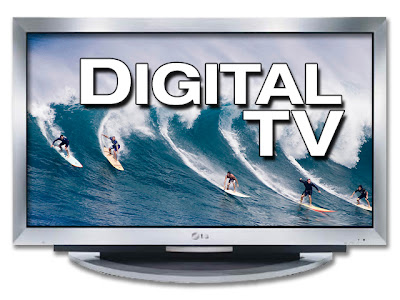Fourth generation phones and tablets known simply as 4G devices could cause interference on digital TV sets and set-top boxes for three-quarters of a million people in the UK. Ofcom has warned. 4G services are due to be switched on in 2012 or early 2013.
The problem is predicated to arise due to the closeness of the bands of spectrum used for 4G services and digital TV. Viewers living close to 4G base stations could suffer interference to digital television services.
Ofcom is investigation potential solutions to the problem, including issuing special filters to fit onto TV’ or set-top boxes that will block 4G signals while letting through TV signals. Ofcom also mentioned fitting filters at the base stations, though didn’t explain how these would work.


Ofcom will also launch an education programme warning viewers of the possibility of interference when 4G services are switched on, and recommending ways to reduce it. Broadcasters will be expected to contribute to the cost of this scheme.
BT has said that it will start trails of 4G services to a limited numbers of customers in Newquay, Cornwall. The trails are part of BT’s plan to get the whole of Cornwall and the Isles of Scilly connected to super-fast network by the end of 2014. Though 90 per cent of homes and business in the country will be able to connect to fixed-line, fibre-optic services, BT plans to connect the remaining 10 per cent to 4G networks. The trails will begin in September.
The government hopes that 4G will be one of the technologies use to bring super-fast broadband services to remote areas where laying fiber-optic cables is too difficult, through 4G will also be available in towns and cities. 4G services are theoretically capable of speeds up to 1Gbps (gigabits per second), through in practice speeds are more likely to be around 100Mbps.

No comments:
Post a Comment